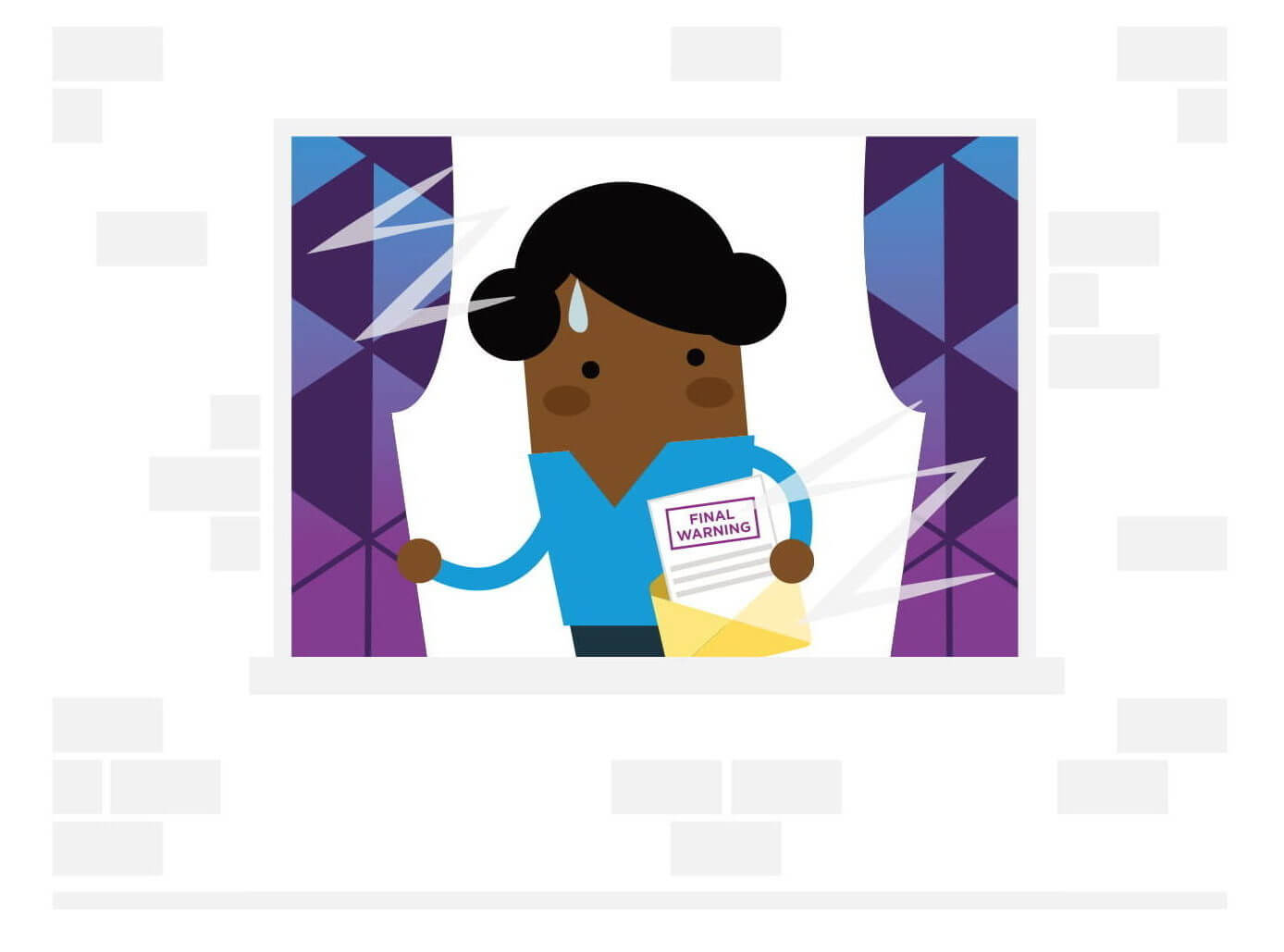
Juno Bhardwaj Shah, External Affairs Intern, Money and Mental Health
Event catch-up: Launching our work on income and mental health
17 June 2020
This week has certainly been a busy and exciting one for us at Money and Mental Health, with the launch of our ‘Income in Crisis’ report and the Mental Health and Income Commission. Usually, we would mark these developments at live events but, due to the coronavirus-related disruption, we instead held our first webinar.
This brought together speakers including Matthew Taylor, Chief Executive of the Royal Society for the Encouragement of Arts, Manufactures and Commerce (RSA), and Sonya Ruparel, Director of Programmes and Partnerships at Turn2Us. We invited professionals working in finance, debt, mental health, as well as people with lived experience of mental health problems, to hear more about our research into the impact of the coronavirus crisis on the income of people with mental health problems. Below you can watch back the event, and find a brief summary of the key points from each of our speakers:
Covid-19, income and mental health
The online event was kickstarted by our Chief Executive, Katie Alpin. She highlighted the importance of this work in helping inform how we can improve living standards as we start to recover from the social and economic effects of Covid-19.
Next up, Nikki Bond, our Senior Research Officer, went into more detail about the report’s findings. She highlighted how two in five people had experienced an income drop due to Covid-19, including those who had been furloughed or had to rely more on the benefits system.
The detrimental effects of Covid-19 to people with mental health problems were particularly concerning. One in three people with experience of mental health problems had to cut back on essentials, such as food and heating. Those with mental health problems were also found to have an income that was £5,700 lower than those with no experience of mental health problems, indicating a stark disparity.
Overall, people with mental health problems were found to live in greater financial precarity, less able to rely on savings for long periods, and more exposed to income shocks. Nikki went on to highlight measures that could be taken to mitigate these effects, such as converting Universal Credit advances to non-repayable grants and increasing legacy benefits in line with current Universal Credit increases.
Listening to people with mental health problems
As with all our work, the perspective of our Research Community of people with lived experience of mental health problems is integral. We were honoured to hear from Sam, who spoke about her experiences as a freelancer during the Covid-19 crisis.
Sam, who works in the arts, spoke about her experiences of losing work during Covid-19 and the impact of that on her mental and financial wellbeing. She talked movingly about her experiences of mental health and how the current crisis meant she was losing out on work – something which was previously an important support mechanism.
Sam lost nearly all of her income due to Covid-19 and had little in the way of savings. Despite receiving some Universal Credit payments, her income is still short of covering her outgoings, meaning she has had to rely on her partner for financial support. Being someone who struggles with financial planning, Sam felt that greater tax and financial management support for freelance workers would be helpful to people in her situation.
An outside perspective
Our next speaker was Sonya Ruparel, Director of Programmes and Partnerships at Turn2Us, a charity which supports individuals in financial hardship. Sonya gave us a perspective from the frontline of helping people in financial difficulty, mirroring some of the report’s own findings. She noted Turn2Us’ research showed that mental health problems like anxiety and depression are being exacerbated by the pandemic and that those most affected tend to live on their own, be key workers, or be single parents. Going forward, Sonya spoke about the need for more intersectional analysis, particularly for women and minority communities to help create more targeted support systems.
Next to speak was Matthew Taylor, Chief Executive of the Royal Society for the Encouragement of Arts, Manufactures and Commerce (RSA). Agreeing with the findings of the report, Matthew broadened the discussion to encompass economic insecurity amongst the general population. Drawing from RSA research indicating that a high portion of the population would not be able to afford an unexpected bill, he highlighted that being economically insecure is something that many people can relate to. He also discussed ideas like universal basic income to combat economic insecurity, and highlighted the need for greater fairness in the employment system. Matthew touched on Sam’s positive experiences of being a freelancer and highlighted that flexible work models can work as long as they are fair.
Wrapping up
Before wrapping up, we took some questions from our wonderful virtual audience. Topics that were discussed included debt collection strategies, ways to support people through Covid-19, and balancing economic growth with reducing inequality. You can catch up on the entire event in the video above.
